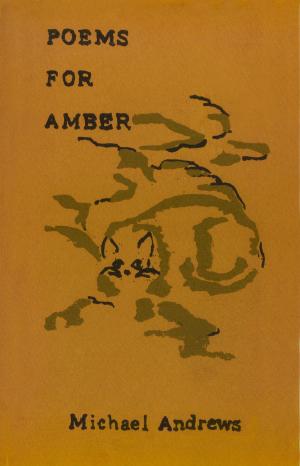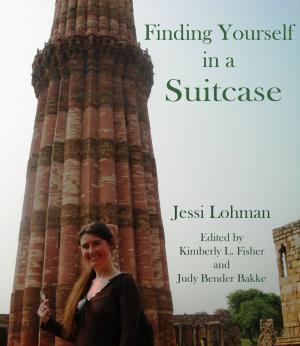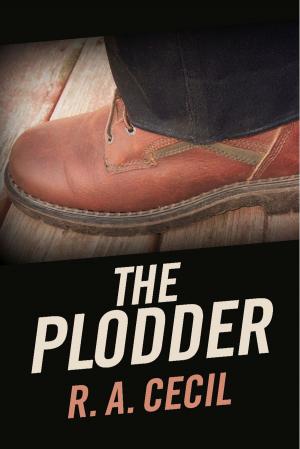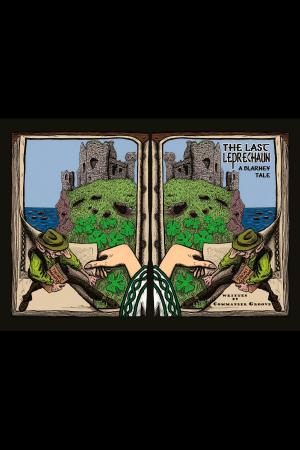| Author: | Bill Berg | ISBN: | 9781483501864 |
| Publisher: | BookBaby | Publication: | June 15, 2013 |
| Imprint: | Language: | English |
| Author: | Bill Berg |
| ISBN: | 9781483501864 |
| Publisher: | BookBaby |
| Publication: | June 15, 2013 |
| Imprint: | |
| Language: | English |
On 30 June 1997, the British Crown Colony of Hong Kong ceased to be. When the five starred flag of The People’s Republic of China and the new red Hong Kong flag, with the white five-petaled Bauhinia flower at its center, were slowly raised on a pair of flagpoles at the Hong Kong Convention Center while the white uniformed Hong Kong police band played the national anthem, the former British Crown Colony became the Special Administrative Region of the People’s Republic of China. The celebration was marked with dragon-boat races in Victoria Harbor, fire boats spewing streams of water into the air, and two helicopters carrying the flags on long cables and a third trailing red smoke as they passed the Hong Kong Convention Center...the site of the turn-over ceremonies. And, as a finale, fireworks burst in globes of stars over the harbor for hours. The apparently useless, arid, rocky island of Hong Kong, uninhabited except for a tiny fishing village on its south shore, was ceded by China in perpetuity to Queen Victoria as part of the Treaty of Nanking settlement of the Opium Wars. The importance of the island was not any apparent value of the island itself, but the fact that between it and the mainland was the best harbor in the South China Seas. This initial phase of the Hong Kong Saga was portrayed with the promise of the island’s potential in James Clavell’s best-selling novel “Tai-Pan”. In order to provide the island with water and food, the British negotiated a ninety-nine year lease for a portion of the Kowloon Peninsula across the harbor from the island. With fresh water and food from the mainland, Hong Kong ultimately became the most prosperous business center in Asia. This part of the Hong Kong Saga was portrayed in Clavell’s “Noble House”. But as the end of the ninety-nine year lease neared, the Chinese government refused to consider an extension, knowing that Hong Kong Island, now densely populated with the world’s greatest international business concerns, complete with high-rise banking and business complexes and hotels, would literally die of thirst without the resources of Kowloon. With no other option, the British began negotiations for the return of Hong Kong to China. Thus, the end of the Hong Kong Saga is presented by "Shan Pao"... a story of Lanxi Hahn’s extended family’s exodus from Hong Kong, that was aided in a strange way by events as far away as Chad, Nigeria and Uzbekistan.
On 30 June 1997, the British Crown Colony of Hong Kong ceased to be. When the five starred flag of The People’s Republic of China and the new red Hong Kong flag, with the white five-petaled Bauhinia flower at its center, were slowly raised on a pair of flagpoles at the Hong Kong Convention Center while the white uniformed Hong Kong police band played the national anthem, the former British Crown Colony became the Special Administrative Region of the People’s Republic of China. The celebration was marked with dragon-boat races in Victoria Harbor, fire boats spewing streams of water into the air, and two helicopters carrying the flags on long cables and a third trailing red smoke as they passed the Hong Kong Convention Center...the site of the turn-over ceremonies. And, as a finale, fireworks burst in globes of stars over the harbor for hours. The apparently useless, arid, rocky island of Hong Kong, uninhabited except for a tiny fishing village on its south shore, was ceded by China in perpetuity to Queen Victoria as part of the Treaty of Nanking settlement of the Opium Wars. The importance of the island was not any apparent value of the island itself, but the fact that between it and the mainland was the best harbor in the South China Seas. This initial phase of the Hong Kong Saga was portrayed with the promise of the island’s potential in James Clavell’s best-selling novel “Tai-Pan”. In order to provide the island with water and food, the British negotiated a ninety-nine year lease for a portion of the Kowloon Peninsula across the harbor from the island. With fresh water and food from the mainland, Hong Kong ultimately became the most prosperous business center in Asia. This part of the Hong Kong Saga was portrayed in Clavell’s “Noble House”. But as the end of the ninety-nine year lease neared, the Chinese government refused to consider an extension, knowing that Hong Kong Island, now densely populated with the world’s greatest international business concerns, complete with high-rise banking and business complexes and hotels, would literally die of thirst without the resources of Kowloon. With no other option, the British began negotiations for the return of Hong Kong to China. Thus, the end of the Hong Kong Saga is presented by "Shan Pao"... a story of Lanxi Hahn’s extended family’s exodus from Hong Kong, that was aided in a strange way by events as far away as Chad, Nigeria and Uzbekistan.















